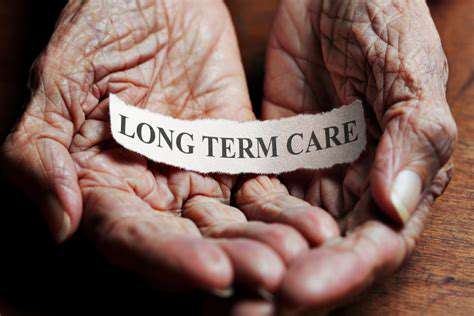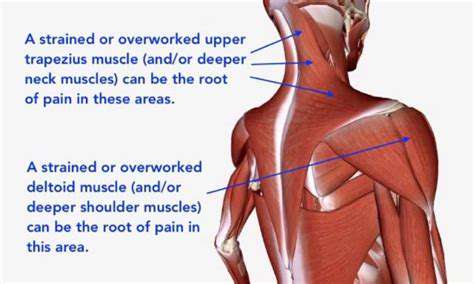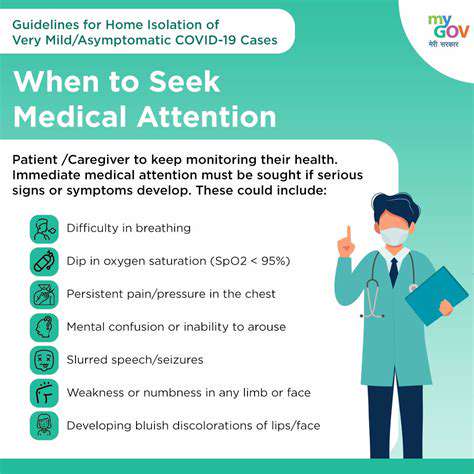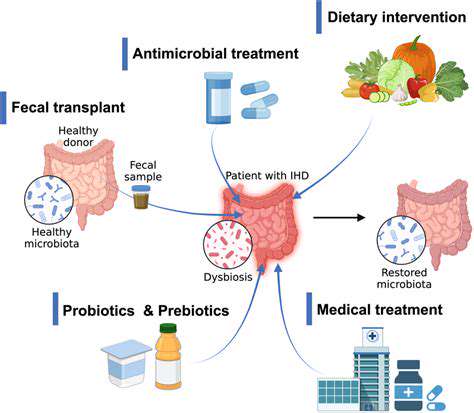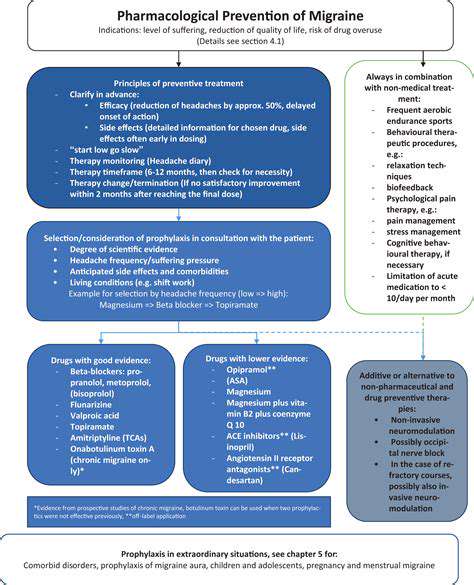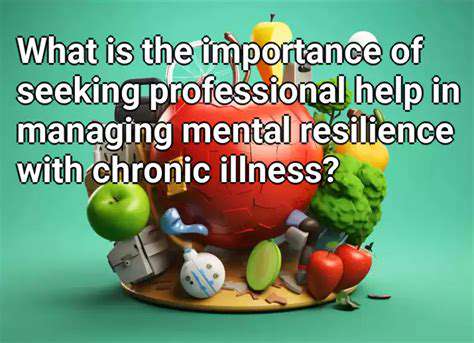Small Steps, Big Impact: Improving Well being Day by Day
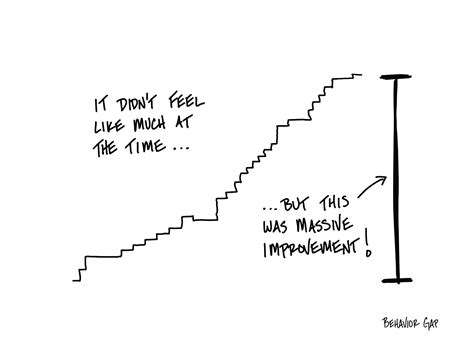
Prioritizing Self-Care Through Daily Actions
The Art of Small, Meaningful Self-Care
True self-care isn't measured by grand gestures, but rather through the accumulation of thoughtful daily practices. These seemingly minor actions, when performed consistently, create profound shifts in wellbeing. Imagine building a mosaic - each tiny, intentional piece contributes to a complete picture of health and happiness.
Discovering What Truly Nourishes You
Effective self-care begins with self-discovery. What activities leave you feeling refreshed? Perhaps it's losing yourself in a good book, feeling the rhythm of your footsteps during an evening walk, or the creative flow of painting. When you align your self-care with activities that genuinely resonate, you create sustainable habits rather than temporary fixes.
The Transformative Power of Presence
Simple mindfulness exercises, even just five minutes of focused breathing, can dramatically lower stress hormones. These practices train your mind to observe thoughts without getting caught in their current. Numerous free apps and local community centers offer excellent starting points for beginners.
Fueling Your Whole Being
What we consume directly impacts how we feel and function. Choosing nutrient-dense foods and maintaining proper hydration forms the foundation for mental clarity and physical vitality. Notice how different foods affect your energy levels - this awareness helps you make choices that truly nourish.
The Science of Restorative Sleep
Quality sleep affects every system in your body. Establishing consistent sleep patterns and creating an optimal sleep environment (cool, dark, and quiet) significantly improves sleep quality. Consider your bedtime routine as preparing your nervous system for deep restoration.
The Healing Power of Connection
Humans thrive on meaningful social bonds. Regular interactions with supportive friends or family members provide emotional nourishment that buffers against life's stresses. Prioritize relationships that leave you feeling energized rather than depleted.
The Courage to Set Boundaries
Learning to say no protects your time and energy. View boundary-setting not as selfishness, but as stewardship of your wellbeing. This creates space for activities that align with your values and contribute to long-term happiness.
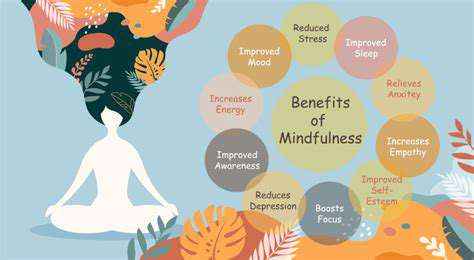
Practical Mindfulness Techniques
Mindfulness means fully experiencing the present moment. When you notice your mind wandering to past regrets or future worries, gently guide it back to now. This simple practice builds mental resilience over time.
Understanding Your Thought Patterns
Mindfulness teaches us to observe thoughts like clouds passing in the sky - present but not permanent. This perspective helps prevent negative thought spirals and promotes emotional balance.
The Body-Mind Connection
Regular body scans (systematically focusing attention on different body parts) reveal where we hold tension. This awareness allows us to consciously release physical stress before it accumulates.
Everyday Mindfulness Opportunities
Transform routine activities into mindfulness practices by fully engaging your senses. Notice the aroma of your morning coffee, the texture of your clothing, or the sounds around you. These micro-moments of presence accumulate into greater life satisfaction.
Emotional Regulation Through Awareness
By observing emotions without immediate reaction, we create space for thoughtful responses rather than impulsive reactions. This pause makes challenging situations more manageable.
Cultivating Compassion
As mindfulness deepens self-understanding, it naturally extends to others. Recognizing our shared human experience fosters patience and kindness in relationships.
The Cumulative Benefits of Practice
Regular mindfulness strengthens focus, reduces stress reactivity, and enhances overall life satisfaction. Like physical exercise for the mind, its benefits compound over time.
Developing Resilience Through Daily Practice
Resilience as an Ongoing Process
Resilience develops gradually through consistent small actions rather than dramatic transformations. View challenges as opportunities to strengthen your coping abilities.
Personalized Stress Management
Identify your unique stress triggers and develop tailored responses. This self-knowledge transforms overwhelming situations into manageable ones.
The Compound Effect of Healthy Habits
Regular exercise, balanced nutrition, and quality sleep create physiological reserves that help you weather life's storms more effectively.
Building Your Coping Toolkit
Experiment with different stress-reduction techniques to discover what works best for you in various situations. Having multiple tools increases adaptability.
The Strength of Community
Social support provides perspective during difficult times. Vulnerability within trusted relationships often reveals our greatest strength.
Self-Kindness as Foundation
Treat yourself with the same compassion you'd offer a struggling friend. This gentle approach makes challenges feel less daunting.
Recognizing Progress
Acknowledge every small victory in your resilience journey. This positive reinforcement motivates continued growth.
